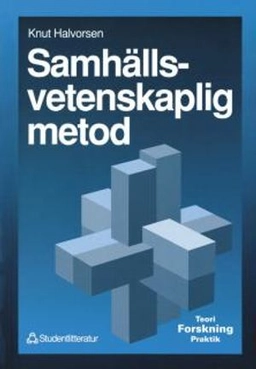

Engineering Culture: Control and Commitment in a High-tech CorporationVolym 71 av Labor and social change
- Utgiven: 1992
- ISBN: 9781566390750
- Sidor: 297 st
- Förlag: Temple University Press
- Språk: Engelska
Om boken
Åtkomstkoder och digitalt tilläggsmaterial garanteras inte med begagnade böcker
Mer om Engineering Culture: Control and Commitment in a High-tech CorporationVolym 71 av Labor and social change (1992)
1992 släpptes boken Engineering Culture: Control and Commitment in a High-tech CorporationVolym 71 av Labor and social change skriven av Gideon Kunda. Den är skriven på engelska och består av 297 sidor. Förlaget bakom boken är Temple University Press.
Köp boken Engineering Culture: Control and Commitment in a High-tech CorporationVolym 71 av Labor and social change på Studentapan och spara pengar.
Referera till Engineering Culture: Control and Commitment in a High-tech CorporationVolym 71 av Labor and social change
Harvard
Oxford
APA
Vancouver



















